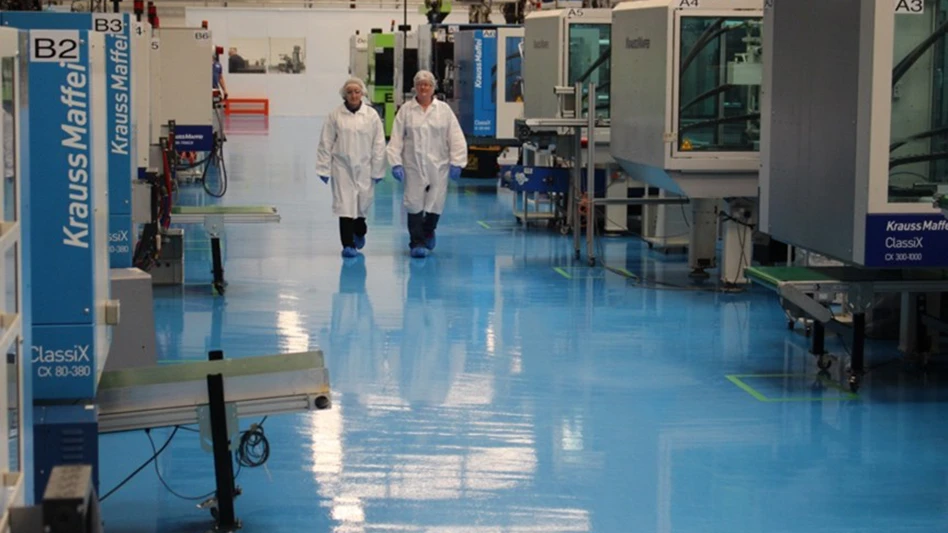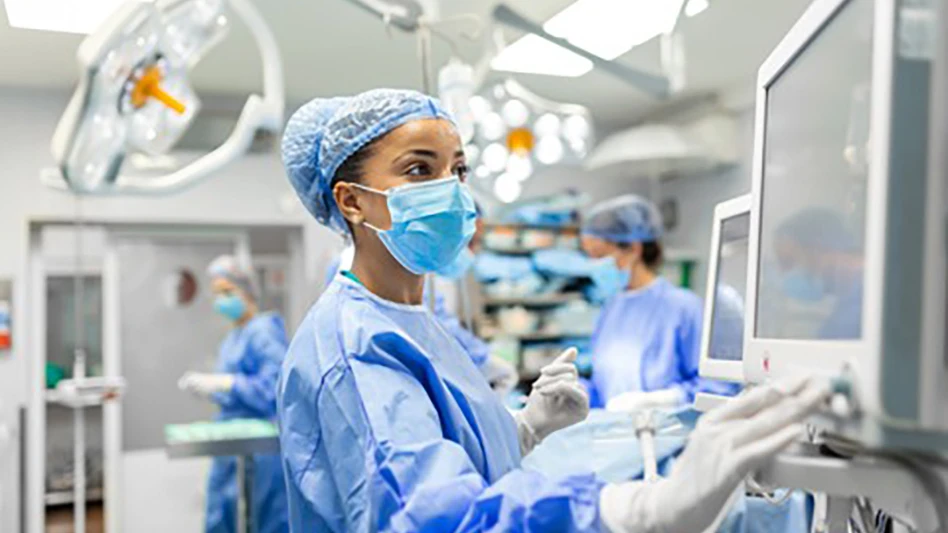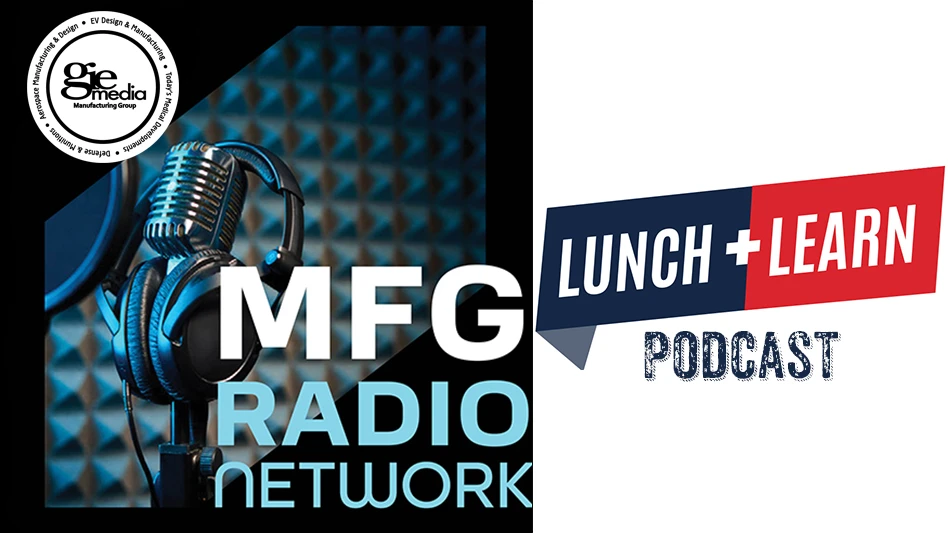The rise of biologic therapies will power growth in the prefilled syringes market – but only if manufacturers can solve current product problems, says a new report from healthcare industry experts GBI Research.
As explained in the business intelligence firm’s latest release, the development of injectable biologic therapies is a major factor for the future prospects of prefilled syringes, as many peptides contained in oral formulations are broken down too quickly in the stomach, compromising their effectiveness.
Currently, many biologic therapies are incompatible with the silicone used in glass syringes, necessitating a move to plastic variations and the development of new polymers and coatings that minimize reactions between the syringe material and the drug that cause contamination.
Glass has been the primary material in syringe manufacturing for decades, but is slowly being replaced as the advantages of polymer-based alternatives become apparent. Other than the possibility of product contamination, glass syringes are more fragile and are prone to flaking, but existing plastic versions are not without their own faults.
Cyclo-olefin polymers and co-polymers are the most commonly used plastic syringe variants in the market today, with several companies offering prefilled syringes in this form. However, while they are more durable and less likely to feature manufacturing defects than their glass counterparts, they are also more expensive to produce and are economically unsuitable for low price drugs.
Polypropylene syringes have been around since the 1990s, and although cheaper than the aforementioned plastics, it is a less transparent material and more difficult to sterilize.
GBI Research’s new report also predicts that the prefilled syringe market will be driven by the growth of home use and auto-injection devices that use a button-push mechanism – an innovative response to the common fear of needles.
Latest from Today's Medical Developments
- Boston Scientific to acquire Penumbra, expanding cardiovascular portfolio
- Star Cutter introduces Double Pilot Reamer
- #80 Manufacturing Matters - Machining Strategies to Save Time and Improve your Process for MedTech Components with Kennametal Inc.
- Real-world parts and expert manufacturing advice
- Experts discuss the latest in toolholding technology
- How permanent magnets are powering medical innovation
- Forecasting the year ahead in design and manufacturing
- Tecomet, Orchid Orthopedic Solutions announce merger agreement





